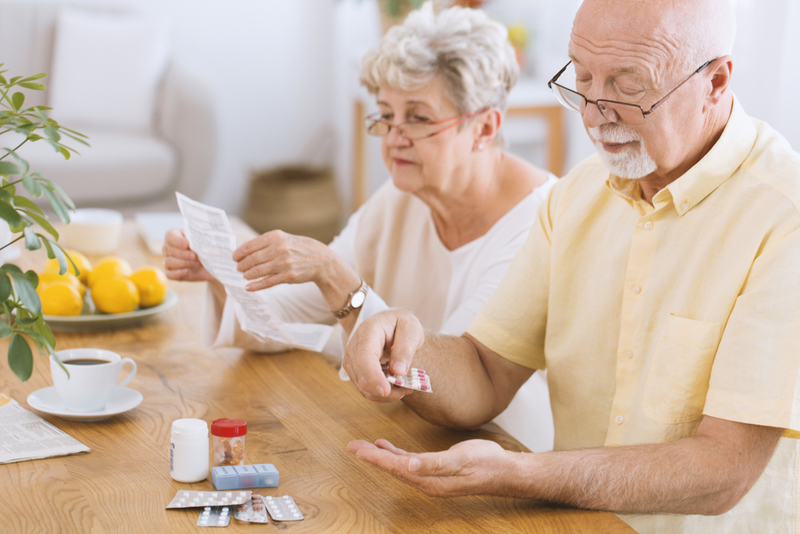Two types of diabetes drugs similarly effective in reducing heart and kidney disease
Newswise Apr 02, 2020
Two newer types of medications commonly used to treat type 2 diabetes are similar in their ability to reduce major heart complications, including heart attack, stroke, and death from cardiovascular disease, according to research accepted for presentation at ENDO 2020, the Endocrine Society’s annual meeting, and publication in a special supplemental section of the Journal of the Endocrine Society.

One class of drugs, known as SGLT2 inhibitors, has a clear benefit over the other class, known as GLP-1 drugs, in reducing hospitalization for heart failure, the study found. “This helps doctors more easily choose a medicine to best treat diabetes,” said lead study author Ali Al-Khazaali, MD, of Saint Louis University in St. Louis, MO.
SGLT2 inhibitors are prescription oral medications used to treat type 2 diabetes. They include canagliflozin (Invokana), dapagliflozin (Farxiga) and empagliflozin (Jardiance). The study compared these drugs with injected diabetes drugs known as GLP-1 receptor agonists. These include albiglutide (Tanzeum), dulaglutide (Trulicity), exenatide (Byetta), liraglutide (Victoza) and semaglutide (Ozempic).
In prior studies, it was found that these two classes of drugs showed heart and kidney benefits besides controlling the blood sugar.
The researchers analyzed data from six previous trials of GLP-1 (including a total of 51,762 subjects) and four trials of SLGT2 inhibitors (including 33,457 subjects). Both drug classes were equally effective in reducing combined major adverse cardiac events such as heart attack, stroke, and death from cardiovascular disease, compared to people with diabetes who were not taking the drugs.
The rate of hospitalization for heart failure was 32% less in patients taking SLT2 inhibitors compared to patients not taking the drugs, especially in those with more severe cardiovascular disease risk. In contrast, people taking GLP-1 drugs did not have a reduced rate of hospitalization for heart failure compared with people who had diabetes but were not taking the drugs. Both classes of drugs demonstrated kidney benefit; neither class was superior.
The most common serious side effects for SGLT2 inhibitors included yeast infections in women and diabetic ketoacidosis, a rare life-threatening problem that can affect people with diabetes. The major serious side effect for GLP-1 drugs was stomach upset.
“Doctors need to balance this side effect against the possible weight-loss benefits of this medicine,” Al-Khazaali said.
-
Exclusive Write-ups & Webinars by KOLs
-
Daily Quiz by specialty
-
Paid Market Research Surveys
-
Case discussions, News & Journals' summaries